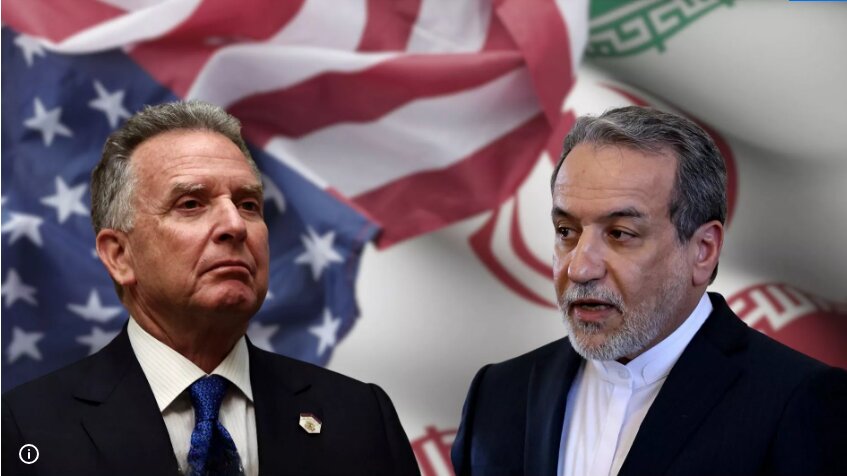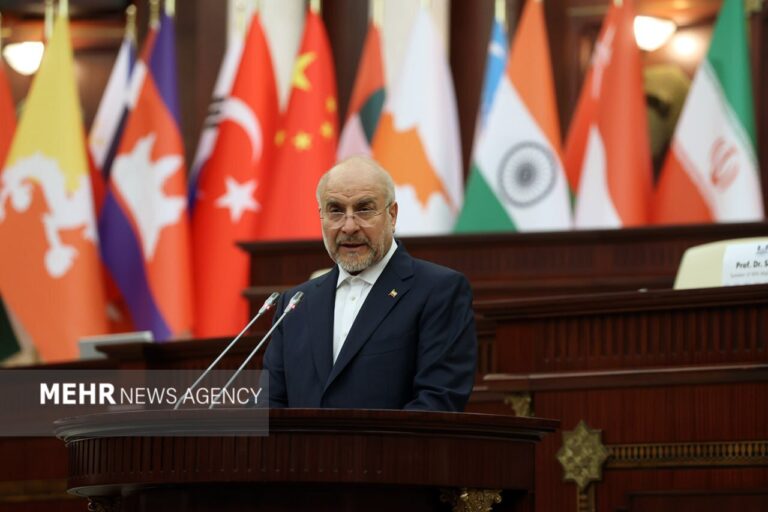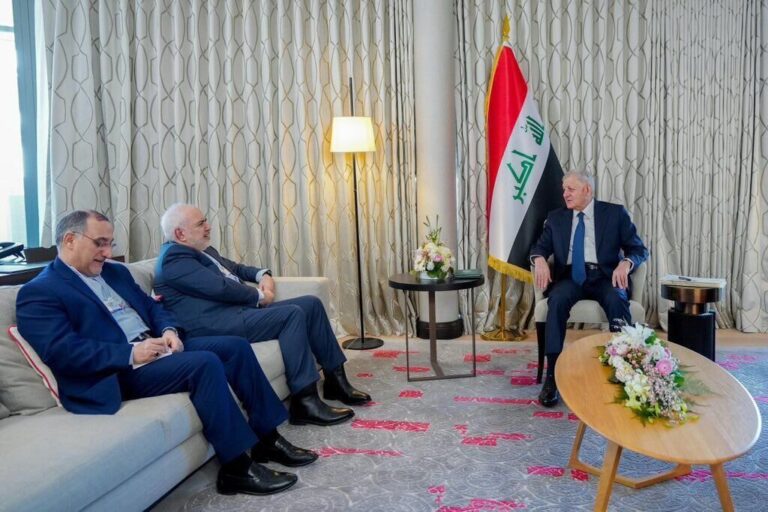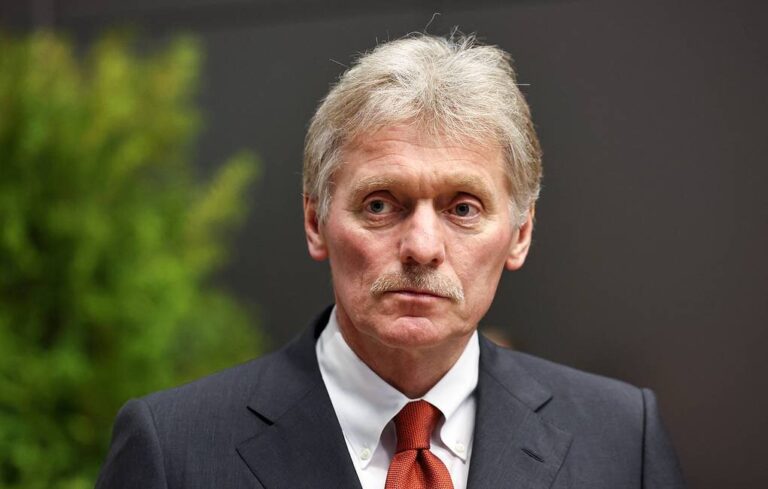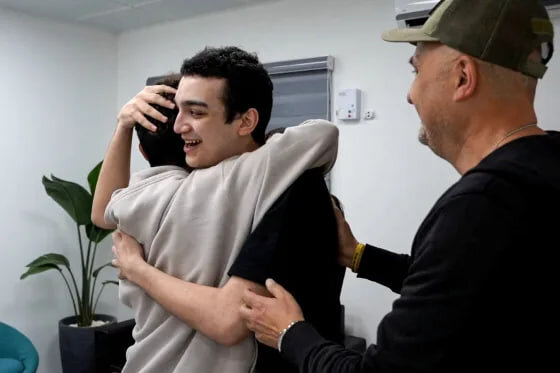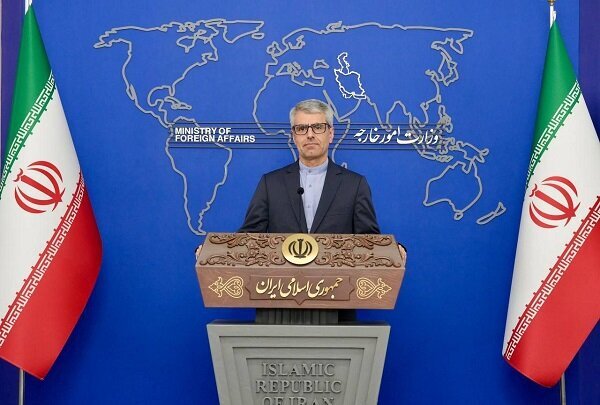FM Araghchi Set to Deliver Keynote Address at Major US Nuclear Conference
On Monday, the Carnegie International Nuclear Policy Conference will commence, addressing one of the most critical nuclear challenges of our era. The conference is a pivotal event that brings together key stakeholders in the nuclear policy landscape, including diplomats, industry experts, and decision-makers.
According to the Carnegie Endowment’s announcement on their X account, “Iranian Foreign Minister Abbas Araghchi will join the conference for a virtual keynote conversation, moderated by The Economist’s Steve Coll, days after the U.S. and Iran wrap up a second round of nuclear talks.” This engagement signifies a strategic move by Iran to present its perspectives on the evolving nuclear discourse.
The invitation extended to Iranian Foreign Minister Seyyed Abbas Araghchi to participate in this prestigious conference held in Washington carries multi-layered messages. This biennial meeting serves as a crucial platform for:
- Presenting diverse viewpoints on nuclear policy.
- Assessing the prevailing intellectual climate in the U.S. regarding nuclear issues.
- Facilitating discussions that can redefine Tehran’s standing in American analytical circles.
The recent Iran-U.S. negotiations mark the second round of talks aimed at addressing concerns surrounding Iran’s nuclear program. These discussions concluded in Rome on Saturday, with Foreign Minister Abbas Araqchi representing Iran and Steve Witkoff, the U.S. president’s special envoy to the Middle East, leading the U.S. delegation. Notably, Oman’s Foreign Minister Badr bin Hamad Al Busaidi played a mediating role, facilitating communication between the two parties.
A preliminary round of these talks took place in Muscat, Oman, on April 12. The focus of these negotiations is to reach a comprehensive agreement that addresses:
- Iran’s nuclear program.
- The removal of economic sanctions imposed on the Islamic Republic.
This renewed dialogue follows a significant moment in U.S.-Iran relations when U.S. President Donald Trump reached out to the Leader of the Islamic Revolution, Ayatollah Seyyed Ali Khamenei, expressing a desire to initiate negotiations for a potential deal between Tehran and Washington. This outreach is particularly noteworthy as it comes after Trump’s unilateral withdrawal from the previous agreement with Iran in 2018, which had aimed to curb Iran’s nuclear capabilities.
Ayatollah Khamenei’s subsequent authorization for indirect negotiations indicates a willingness to engage in dialogue, despite the complex history and tensions that characterize U.S.-Iran relations. This shift reflects a broader strategic context in which both nations are exploring avenues for improved relations amid ongoing geopolitical challenges.
The significance of the Carnegie International Nuclear Policy Conference is underscored by its ability to bring together influential voices in nuclear policy, as well as its potential to shape future discussions surrounding nuclear non-proliferation and diplomacy. The participation of Iranian officials, particularly in a forum of this magnitude, illustrates a commitment to fostering dialogue and understanding, while also signaling Tehran’s desire to engage with Western powers on critical issues affecting regional and global security.
As the conference unfolds, it will be essential to monitor the discussions and outcomes that emerge from this assembly of experts and policymakers. The exchange of ideas and strategies at this event could play a pivotal role in influencing the trajectory of nuclear negotiations and international relations in the coming months.
This conference not only highlights the ongoing complexities of nuclear diplomacy but also serves as a testament to the importance of sustained dialogue in addressing some of the world’s most pressing security challenges.
In conclusion, the Carnegie International Nuclear Policy Conference is set to be a landmark event, offering a platform for pivotal discussions that could redefine nuclear policy and international relations. With the involvement of key figures like Foreign Minister Abbas Araghchi, the stakes are high, and the implications of these talks will resonate far beyond the conference walls.
